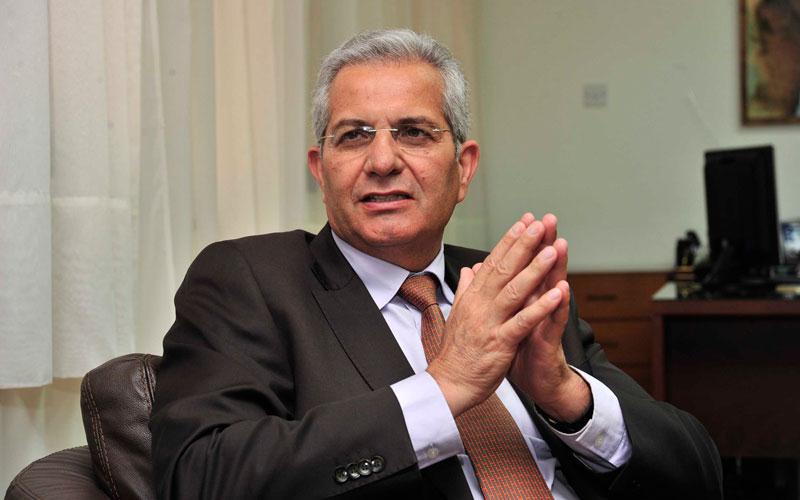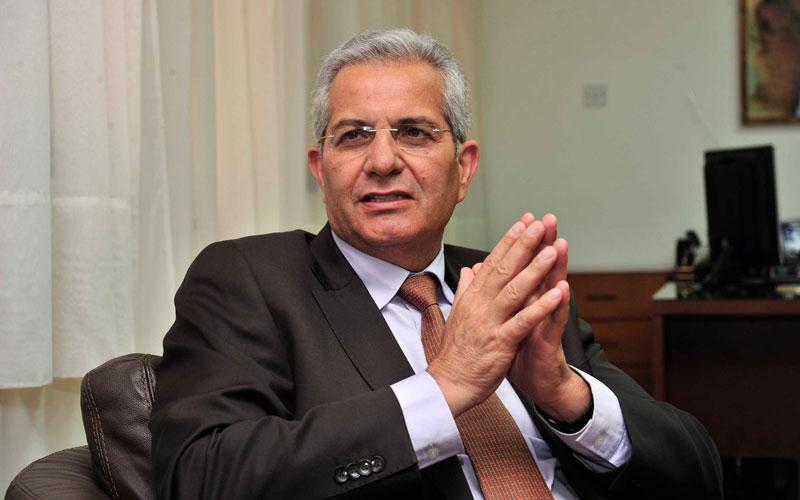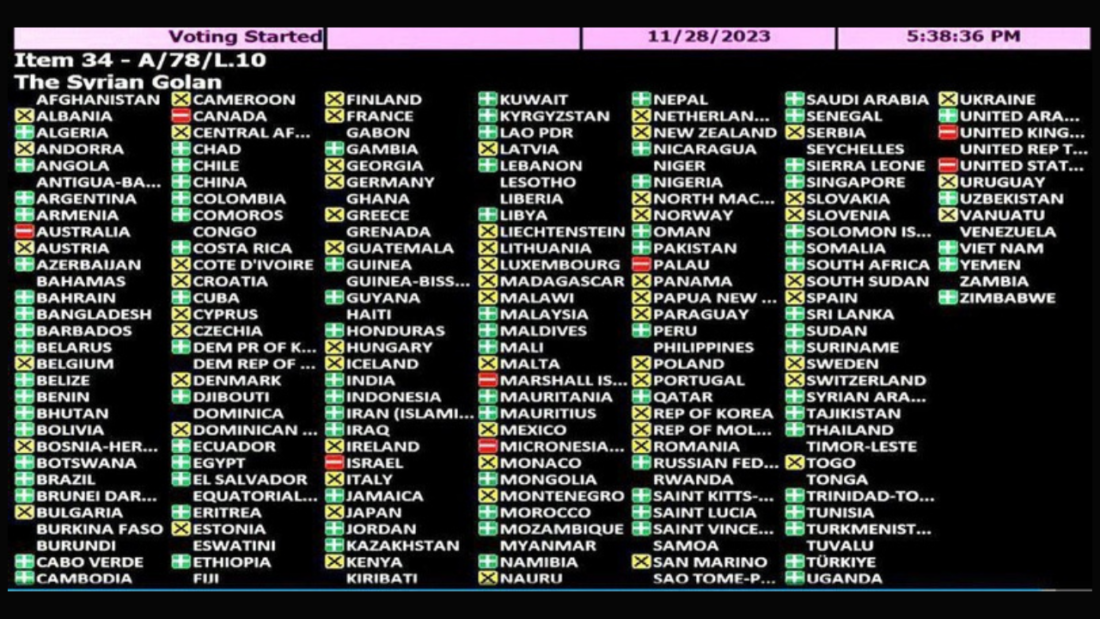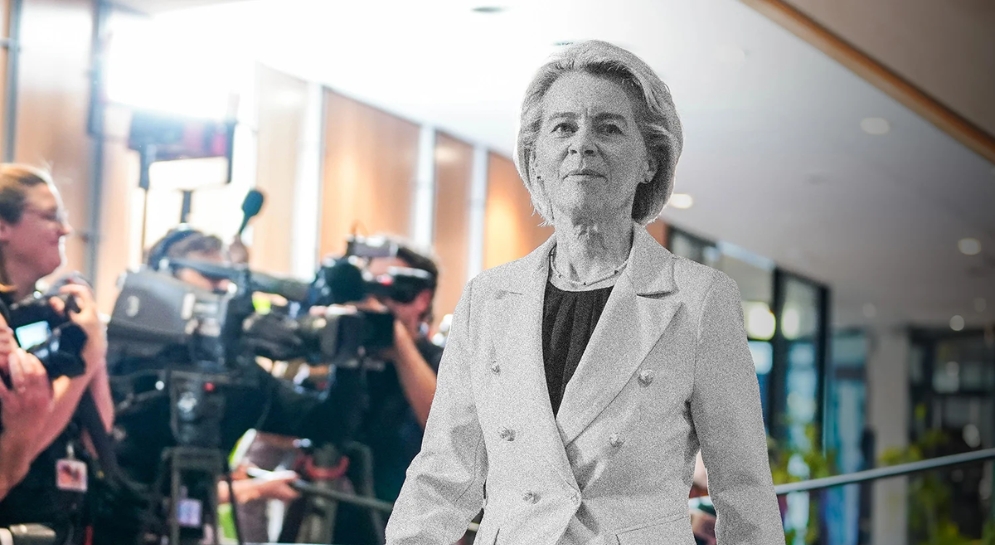
Interview with Andros Kyprianou, General Secretary of the C.C. AKEL
“KATHIMERINI” newspaper, 13th April 2014
– The Cyprus problem dominated the contacts you had in Moscow. What are your impressions on your return? Are you satisfied?
problem dominated the contacts you had in Moscow. What are your impressions on your return? Are you satisfied?
– Overall I would say that we are satisfied with the contacts we had, first and foremost from the high level meetings, but also with regards their content. Concerning the latter, I would like to state that the principled position of the Russian Federation on the Cyprus problem has been confirmed. They remain committed to the relevant UN resolutions and will stick by them until the end. I say this to address certain views that are being expressed on our side. The Russian Federation believes that the solution to the Cyprus problem must be in line with the agreed framework and it is interested that the content is such that it does not affect the interests of Russia itself.
– In addition to the assurances with regards the principled positions of the Russian Federation, on a practical level is there something that Moscow can do on the Cyprus problem, namely to exert pressure on Turkey?
– I don’t consider that it should be expected that pressure will be exercised by anyone on Turkey. The US, which is also Turkey’s ally, is not applying pressure, let alone Russia. What we have asked for is the upgrading of the Russian Federation’s intervention in the on-going procedures. I understand that there is interest from the Russian side, but it is something that the Cyprus Government should officially ask for. We as AKEL have asked for this intervention, and there is interest. I hope and wish the government understands the need for Russia to play an active role in this procedure.
– On every opportunity the Government reiterates its commitment to the Western sphere of influence because of Cyprus’ European membership, but at the same time it maintains bridges with Russia. This appeared to be the case on the issue of Crimea. Does Moscow recognize Nicosia’s difficult position?
– Our approach is that regardless of the fact that we are a member of the EU, Cyprus should follow a multidimensional foreign policy. This is the policy Demetris Christofias pursued for five years. This is in our view what we should also do now – unless that is we have illusions, namely that we consider that the U.S. and the EU are ready to support unilaterally the well-intentioned interests of the Cypriot people. Over time this has not been proven to be the case. On the contrary, I would say that it was NATO itself which brought us to the difficult position we are in politically, whilst economically our EU fellow members brought us into this dire predicament.
As regards the Government’s position towards Russia, I think it must be very careful and maintain bridges of communication with Moscow. Cyprus will need Russia, both concerning the political issues, more specifically referring to the Cyprus problem, but also on economic issues, which we also discussed in Moscow.
– Does Moscow understand Cyprus’ position?
– Russia understands the difficulties Cyprus is facing as an EU member and I would say it adopts a position of tolerance regarding the way the Republic of Cyprus acted. Based on the information I have from Cyprus Republic Foreign Minister Kasoulides, there is communication with Russia and throughout the whole period in question, a fact recognized by Russian diplomacy.
– Washington’s enhanced interest on the Cyprus problem is obvious due to the developments in the region. Did you become aware of any complaints from Moscow about this development, namely with regards the U.S. involvement?
– No, on the contrary. I will simply repeat that it was clarified to us that Russia will have a say if and when there is a conclusion/agreement and a plan for a solution to the Cyprus problem will go before the UN Security Council. Russia has its own views and it is interested that the solution will not affect the vital interests of the Russian Federation. And to be more precise, if there is an attempt to impose NATO guarantees, I believe Russia would take a negative position.
– In your meeting with the President of the Republic on Thursday you repeated our position that “we must have a clear strategic objective on the Cyprus problem, consistent tactics and fluctuations and inconsistencies should not be permitted on the handling of the Cyprus problem.” Do you ascertain any inconsistencies?
– The on-going process is extremely important. It is not accidental that the U.S. has undertaken this initiative. They have interests to serve in the surrounding region. I disagree with the way they operate, but it is a fact. They want to solve the Cyprus problem and will make every effort to solve the problem. We’ve seen how they behave in various situations. When they have interests, they are not interested in International Law, nor do they care if there will be impacts on countries or peoples. They want to promote their own interests. I point this out not to spread fear so as to accept any bad solution, but to work exploiting the opportunity, in brackets the word “opportunity”, if and when there is a positive response from the Turkish side, we should formulate a framework that is accepted by our side as well.
– What should we do?
– To achieve this, we need to be clear in our minds what we want, to have a specific strategic goal and to follow tactics aimed at achieving this objective. If we pursue a policy without being clear on what we actually want to do and without following a principled policy, then we will not succeed in achieving even the easiest target we want to achieve.
We have concerns about the handling of the issues so far. We stated these concerns repeatedly even before the Joint Communiqué, just as we are doing now. So far, our concerns have not been listened to. And what is the result? We have an inferior Joint Communiqué than the one we had previously, particularly with regards the issue of sovereignty. And this time, the recording of the positions of the two sides has seen the gap that existed widen. So far, we have negative results.
My appeal to the President of the Republic is to understand at last the simple truth, namely that if an attempt is made to abandon the convergences that were achieved between Christofias-Talat, either there will be no result or whatever result that will be agreed will be much worse than we had. Therefore, this is why we are saying that the President of the Republic must accept the Christofias-Talat convergences. If there are two or three issues on which he has strong views on then he should see how he handles with careful tactics so as to win something in return and not to throw in the dustbin the very important work that has been done during the previous five years.
– After your contacts in Moscow you said that you received assurances for continued Russian efforts to support the Cyprus economy. At the same time, President Putin addressed an appeal for the repatriation of Russian capital. Have you discussed this issue?
– We discussed the issue from another angle. In my view, it is the duty of the Russian President to call on Russian citizens to transfer their funds to their country and to invest directly there. Currently there are huge amounts of Russian capital abroad, not only in Cyprus but in many other countries too. These funds are invested back into Russia. That is why the Republic of Cyprus is one of the countries with very big investments in Russia. It is not our money. Russian capital is reinvested in their country. Mr. Putin, therefore, wants to repatriate and if not, promote a specific tax, which states that offshore companies belonging to Russians must pay tax on their profits.
– But there is speculation that one or two European countries will be excluded from this tax.
– I discussed this issue too with Foreign Minister Sergey Lavrov and the President of the Russian Duma Mr. Nariskyn and with Russian party leaders, in an effort to receive an assurance that there will be no adverse discrimination against Cyprus. If there is an exception and this exception will not be the Republic of Cyprus, you realize that we will face a serious problem. The offshore companies will abandon the Republic of Cyprus. I have received promises, which I hope and wish that they will be kept, and that the traditional friendship between Cyprus and Russia will be taken seriously into account, if and when there are exceptions to this tax for European countries.
It is a fact that Russian government officials are interested in a stabilization of the Cyprus economy. Indirectly they have many interests in Cyprus. Let me remind you that we had around 26 billion deposits in Cyprus from abroad of which the vast majority were Russian capital. There is, therefore, an indirect interest from the Russian government for the stabilization of the Cyprus economy. They are interested in contributing towards this end. Both Mr. Lavrov and Mr. Nariskyn stated to us that Russian citizens are encouraged to come to Cyprus for a holiday. As a result of this effort, this year it is estimated that around 800,000 Russian tourists compared to 613,000 last year will come to Cyprus. Let me remind you that if tourism in Cyprus has been going well over the last two years, that is to say during the years of the crisis, this is largely due to the fact that the Russian market has supported Cyprus significantly and this must be appreciated by the Cyprus government.
– In six weeks we will have European elections. What messages do you get from the people of your party in pre-election meetings?
– I would say that people in general are not interested in this election campaign. This indifference is due to two reasons. The first is that people are very disappointed by the way our so-called European partners treated us. That’s why people are angry. The second, is that people consider that the EU is very far away from us and it implements policies that do not concern them.
– Do you agree with this outlook?
– It is very mistaken in my opinion. We have still not managed to convince Cypriot society that we are part of the EU and that the decisions taken in Brussels affect our daily lives. A possible abstention from this election campaign will only serve those who decide these policies, that is to say those with whom the overwhelming majority of the people of Cyprus disagree with, and more specifically the people of the Left.
So, my plea is that the people should participate massively in the elections so that the message is sent out to all those who take the decisions at an EU level that their policies are not accepted, that there is resentment and anger about the policies implemented which are driving the peoples into poverty.
– What political message will citizens convey?
– The election result, although not corresponding with that of national elections, according to people’s psychology will determine how seriously the various political parties will be taken into account. For example, if a party, let’s take AKEL for example, will emerge stronger from this election then what it says on the Cyprus problem will be taken more seriously into account and the efforts it is undertaking for the correct solution of the Cyprus problem will be even more enhanced.
The same is true concerning economic issues. A powerful AKEL can defend the worker, the poor people with much greater effectiveness than a weakened AKEL. This must be taken into account by everyone. I understand the frustration and discomfort created by the situations we experienced in recent years, especially after the decisions of the Eurogroup and Anastasiades government. However, things will not change, if we do not create pre-conditions for the greatest possible resistance to policies against the people and their interests.
– What is AKEL’S goal in the European elections?
– The election of two MEPs with a high percentage vote.




